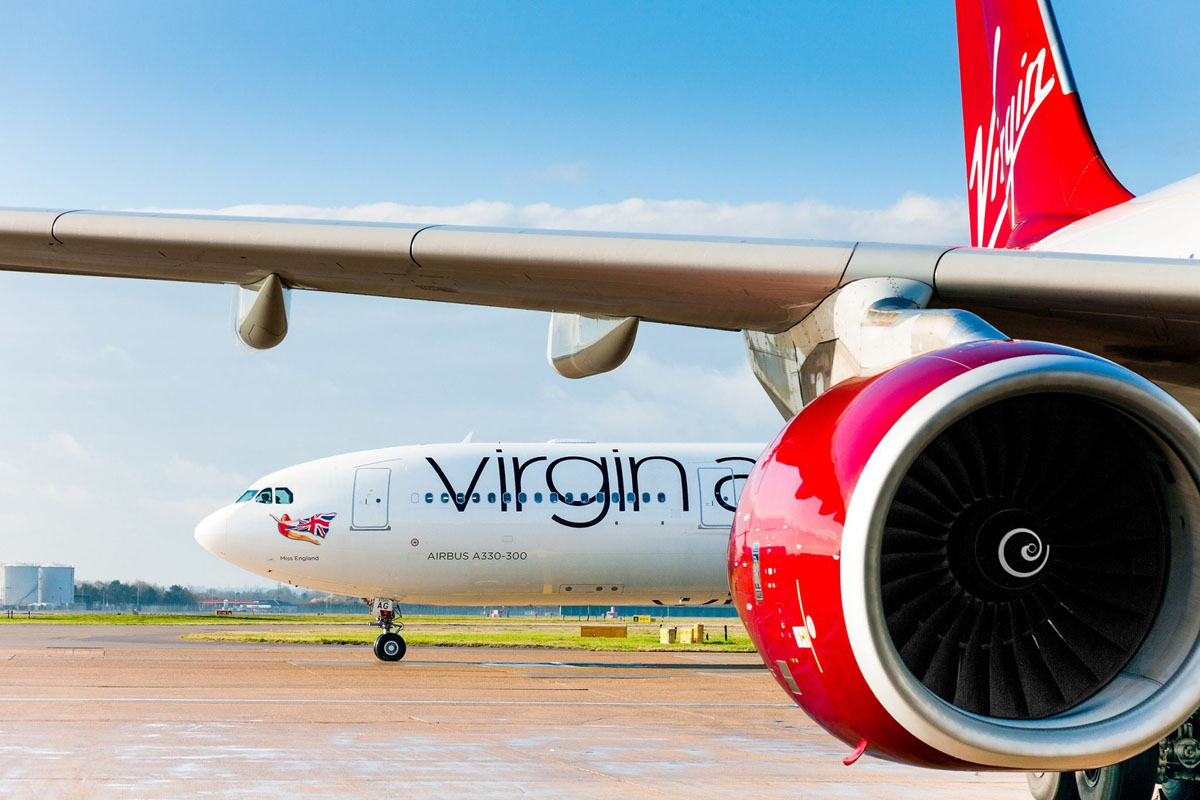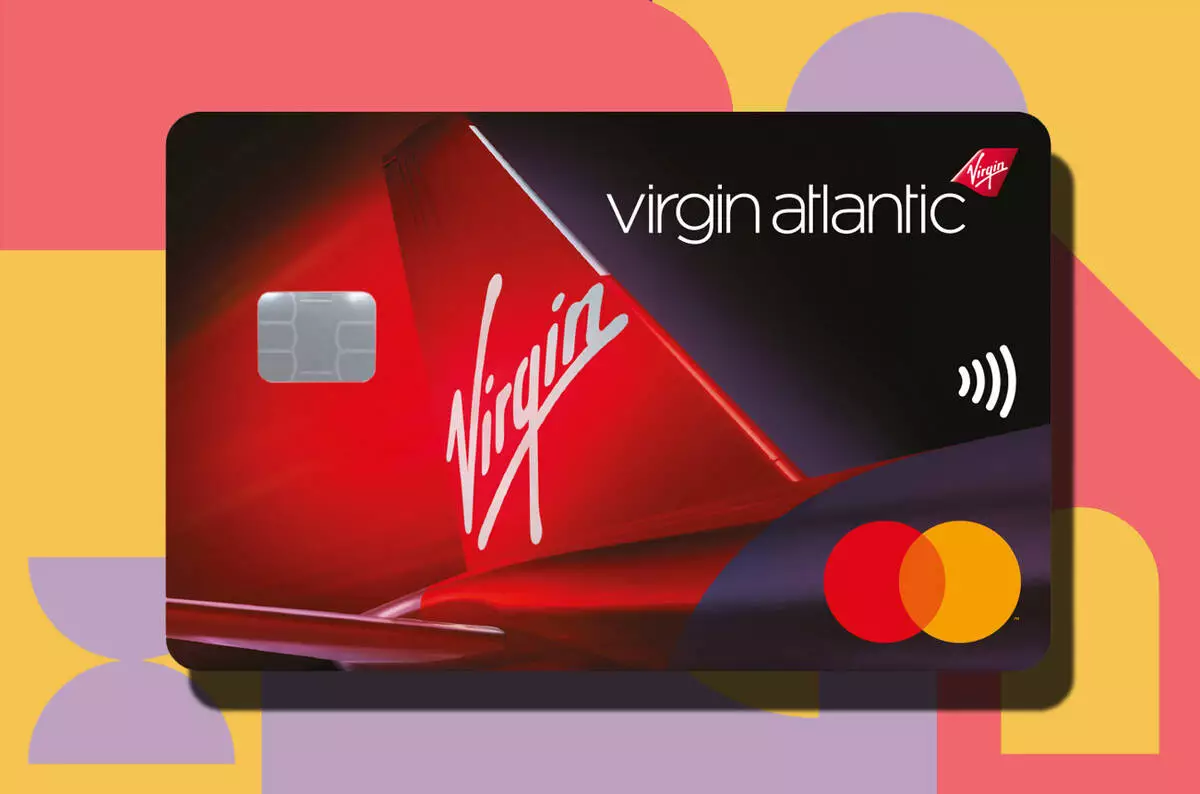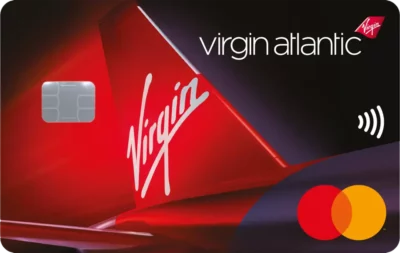Virgin Atlantic reportedly seeking a stock market listing – would you invest?
Links on Head for Points may support the site by paying a commission. See here for all partner links.
According to a report on Sky News, Virgin Atlantic has begun presentations to institutional investors to assess their appetite for a stock market listing of the airline.
The story was written by Mark Kleinman who has consistently broken every major Virgin Atlantic news story over the last two years. You should therefore assume that the report is credible.
Citi and Barclays are believed to be leading the IPO process.

The current shareholding structure is Virgin Group with 51% and Delta Air Lines with 49%. Despite the numerous injections of new capital that the airline has received over the past 18 months, none have involved taking equity.
Part of the reason is that the airline needs to remain 51% under European control to retain many of its landing rights. The other reason is that, frankly, the equity wasn’t worth having.
A cynic might argue that an IPO is the only way to get new third party capital into the airline. Virtually everything that the airline owns has been mortgaged over the last 18 months, and it was relatively asset-light before that. Virgin Atlantic even mortgaged its Heathrow landing and take-off slots, and this was pre-covid.
With no security left to offer to debt lenders, a cash injection from new shareholders is one of the few ways left to raise capital.
The airline may not be looking to raise new capital. A flotation does not necessarily need to inject new money – it can simply be a method to make the existing shares more easily tradeable, and to open up a route to raising money quickly via a rights issue in the future.

The current block shareholdings make any new shares which are issued less attractive. Unless Virgin Group and Delta sold down their stakes to under, say, 30% combined, the new investors would effectively have no power due to the Virgin Group and Delta block vote.
It is more likely that Delta would sell down its stake rather than Virgin Group. If Delta retained 49% then it would be virtually impossible for non-European investors to buy shares in the airline, and this would depress the price. There needs to be headroom for non-European investors to come in alongside Delta and remain under 49.9% combined.
You would also need to question the wisdom of selling new shares in an IPO at the moment. Despite almost halving its workforce in the last 18 months, Virgin Atlantic has very little chance of returning to profitability until the US market is back to its historic levels. Meanwhile, the end of the UK furlough scheme in September means that tough questions need to be asked about how many pilots and cabin crew should return to the payroll.
If the number of bankers flying on fully flexible Upper Class tickets never recovers, Virgin Atlantic will struggle to make money. It was not profitable even in the years before covid. At the same time, if new shares are sold as part of the flotation, Virgin Group and Delta would be diluting their stakes at the bottom of the market which makes little sense.
You can read more about Virgin Atlantic’s reported IPO plans on the Sky News website here.
PS. If you are not a regular Head for Points visitor, why not sign up for our FREE weekly or daily newsletters? They are full of the latest Avios, airline, hotel and credit card points news and will help you travel better. To join our 70,000 free subscribers, click the button below or visit this page of the site to find out more. Thank you.

How to earn Virgin Points from UK credit cards (July 2025)
As a reminder, there are various ways of earning Virgin Points from UK credit cards. Many cards also have generous sign-up bonuses.
You can choose from two official Virgin Atlantic credit cards (apply here, the Reward+ card has a bonus of 18,000 Virgin Points and the free card has a bonus of 3,000 Virgin Points):

Virgin Atlantic Reward+ Mastercard
18,000 bonus points and 1.5 points for every £1 you spend Read our full review

Virgin Atlantic Reward Mastercard
3,000 bonus points, no fee and 1 point for every £1 you spend Read our full review
You can also earn Virgin Points from various American Express cards – and these have sign-up bonuses too.
The American Express Preferred Rewards Gold Credit Card is FREE for a year and comes with 20,000 Membership Rewards points, which convert into 20,000 Virgin Points.

American Express Preferred Rewards Gold Credit Card
Your best beginner’s card – 20,000 points, FREE for a year & four airport lounge passes Read our full review
The Platinum Card from American Express comes with 50,000 Membership Rewards points, which convert into 50,000 Virgin Points.

The Platinum Card from American Express
50,000 bonus points and great travel benefits – for a large fee Read our full review
Small business owners should consider the two American Express Business cards. Points convert at 1:1 into Virgin Points.

The American Express Business Platinum Card
50,000 points when you sign-up and an annual £200 Amex Travel credit Read our full review

The American Express Business Gold Card
20,000 points sign-up bonus and FREE for a year Read our full review
Click here to read our detailed summary of all UK credit cards which earn Virgin Points.



 Rob
Rob 





Comments (97)